PUBG Mobile 4.0 introduces revolutionary reload mechanics with tactical chambering, enhanced 3D audio positioning, and rebalanced recoil patterns. Key changes include realistic reload systems, improved weapon stability, and optimized performance settings launching September 4, 2025.
So here we are—PUBG Mobile 4.0 dropped on September 4, 2025, and honestly? It's shaking up everything we thought we knew about Classic Mode combat. I've been diving deep into these changes for weeks now, and let me tell you, the learning curve is real.
The reload mechanics alone are enough to make veteran players rethink their entire approach. Throw in the audio overhaul and recoil rebalancing, and you've got a meta shift that's forcing even pro teams back to the drawing board.
Quick note for anyone looking to maximize their training potential: PUBG Mobile UC beginner guide buy resources are pretty much essential now. BitTopup's been my go-to for secure UC purchases—instant delivery means you can jump straight into those premium training modes without the usual hassle. Trust me, you'll want access to everything when you're trying to master these new mechanics.
Reload Mechanics Revolution: Speed, Animation, and Tactical Implications
The New Math Behind Reload Speed
Here's where things get interesting. The Realistic Reloading system—and yes, that's what they're actually calling it—fundamentally changes how we think about magazine management.
When you reload before completely emptying your mag, you keep one bullet chambered. Simple concept, massive implications. Your M416 now holds 31 rounds instead of 30. Your Vector? 26 instead of 25. This applies across assault rifles, SMGs, DMRs, and select pistols without adding any reload time.
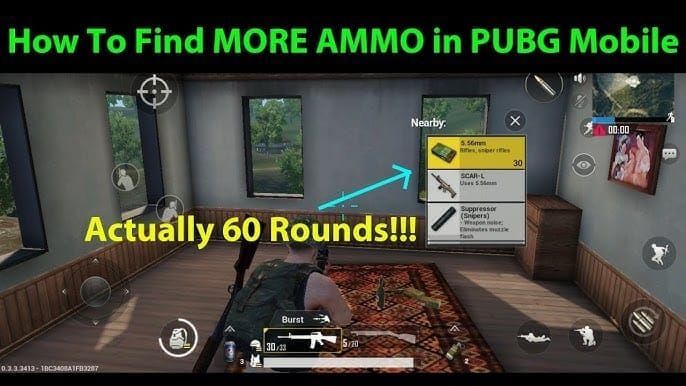
But here's the kicker—completely empty your magazine and you're back to traditional mechanics. No chambered round bonus. It's creating this fascinating tactical versus emergency reload dynamic that I'm still seeing players struggle with in matches.
Animation Overhaul That Actually Matters
The visual feedback is surprisingly crucial here. Pistol animations now clearly show empty states, and assault rifle animations give you instant visual confirmation of whether you've got that chambered round or not.
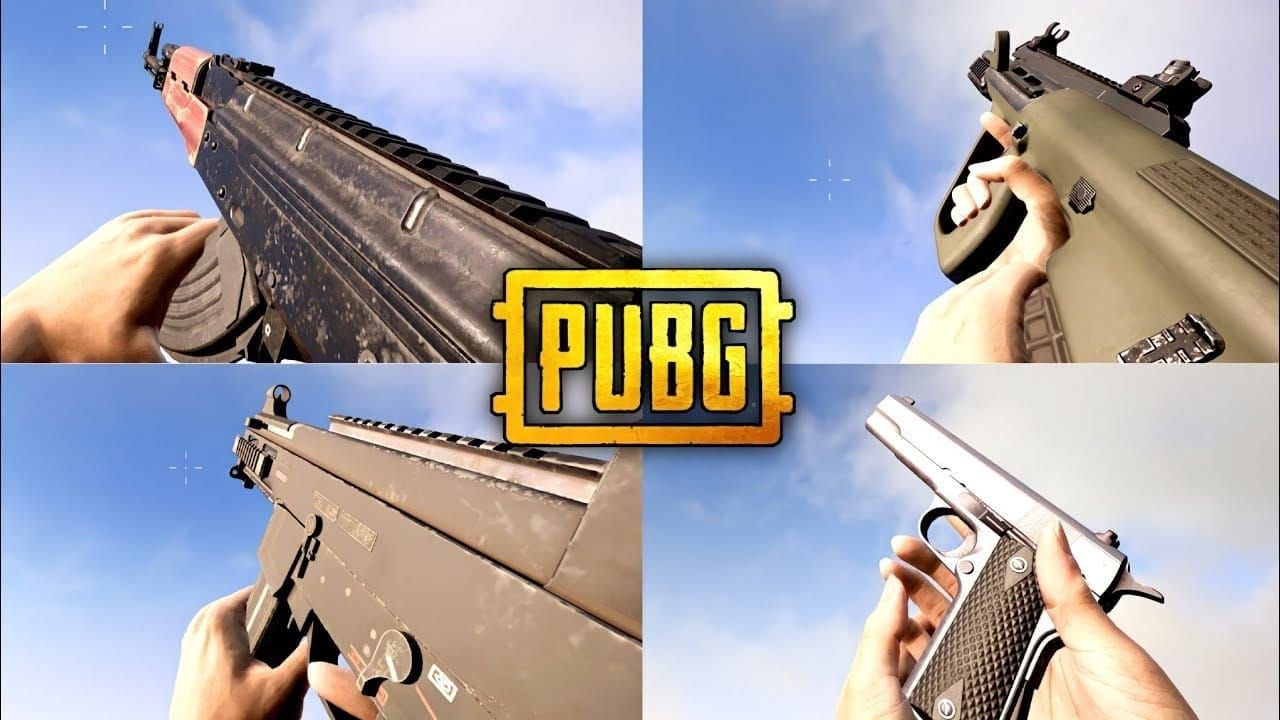
They also fixed that annoying character clipping issue when aiming on horseback (finally!), and two-wheeled vehicle mounted firing feels way more consistent now.
Tactical vs Emergency: When to Reload
After extensive testing, I'm recommending tactical reloads at 5-10 rounds remaining—depending on your cover situation and engagement distance. Emergency reloads require completely different positioning since you're losing that chambered round advantage.
The reload canceling techniques still work, but the timing windows have shifted. It's enough to prevent exploitation while keeping combat fluid, which honestly feels like the right balance.
Audio System Overhaul: Enhanced Positioning and Combat Awareness
3D Audio That Actually Works
I'll be honest—I was skeptical about the audio improvements. We've heard promises before, right? But this time they delivered.
The directional information for footsteps and weapon fire is noticeably clearer. I can now distinguish between an enemy at 50 meters versus 100 meters with way more accuracy than before. The sound enhancement tech they're using also reduces processing overhead, which means better performance on mid-range devices without sacrificing quality.
Weapon Signatures You Can Actually Trust
Each weapon category now has distinct audio signatures that help with threat identification. The Groza's updated audio reflects its damage and fire rate buffs—you'll know when someone's running one. Suppressed weapons maintain their stealth advantages while still providing subtle positioning cues for skilled listeners.
Oh, and they finally fixed that weird Novorepnoye warehouse sound bug. You know the one—those strange footstep echoes that made audio positioning impossible in that area.
My Recommended Audio Setup
After weeks of testing different configurations:
Master Volume: 70-80% (optimal dynamic range)
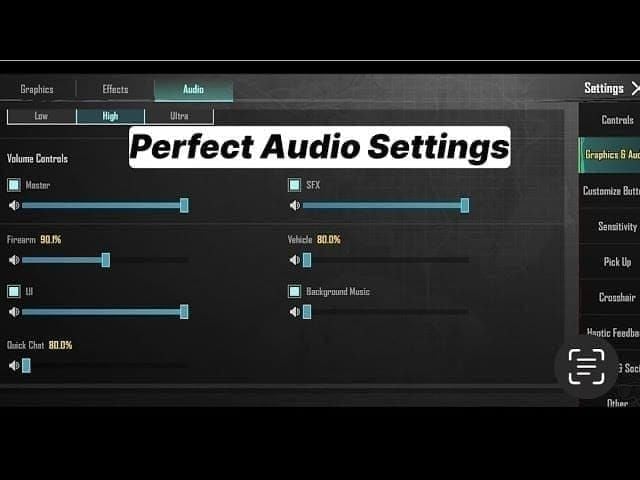
Effects and ambient sounds prioritized over music
3D audio processing enabled
Spatial audio features activated for headphone users
For anyone investing in premium audio equipment, PUBG Mobile UC safe seller platforms like BitTopup ensure you can access those features through secure transactions. No point in having great gear if you can't use it properly.
Recoil Pattern Analysis: Weapon-by-Weapon Breakdown
Assault Rifles: The New Hierarchy
The improved core recoil calculation rewards skilled burst fire over mindless spraying—which I'm personally thrilled about. But the individual weapon changes? That's where it gets spicy.
M416 took a stability hit. Increased horizontal recoil and reduced spray predictability mean it's no longer the automatic choice for every situation. Meanwhile, the Groza received significant improvements with smoother, less jumpy recoil patterns. Combined with its damage and fire rate buffs, it's now a legitimate top-tier airdrop weapon.
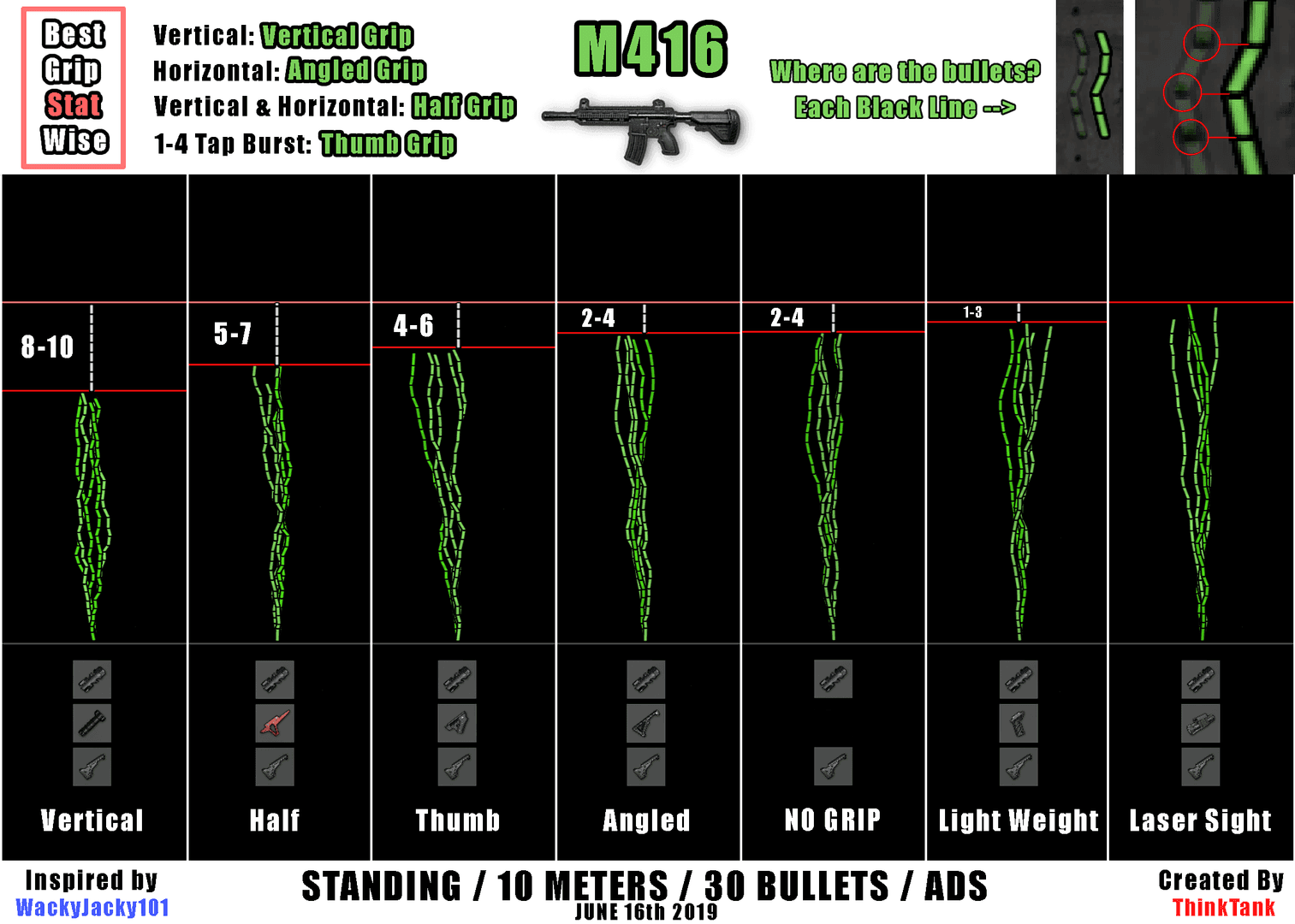
SCAR-L gets base damage increases to 44, but only in Arena modes. Interesting choice there.
SMGs and the UMP45 Reality Check
UMP45 received stability nerfs that reduce its close-quarters dominance—and honestly, it was about time. The Vector gets base damage increases to 31 in Arena modes, improving its time-to-kill potential significantly.
LMG handling refinements provide more consistent sustained firefight performance, though let's be real—how often are you actually running LMGs in competitive play?
Sniper Adjustments Worth Noting
AWM gets slight reload speed increases for faster follow-up shots. More importantly, sniper rifles feature improved hit registration, especially for headshots. DMR weapons see torso damage multiplier reductions in Arena modes only.
Mastering the New Patterns
Here's my systematic approach: focus on burst fire techniques in Training Grounds first. The claw grip technique becomes even more valuable for managing recoil while maintaining movement capabilities.
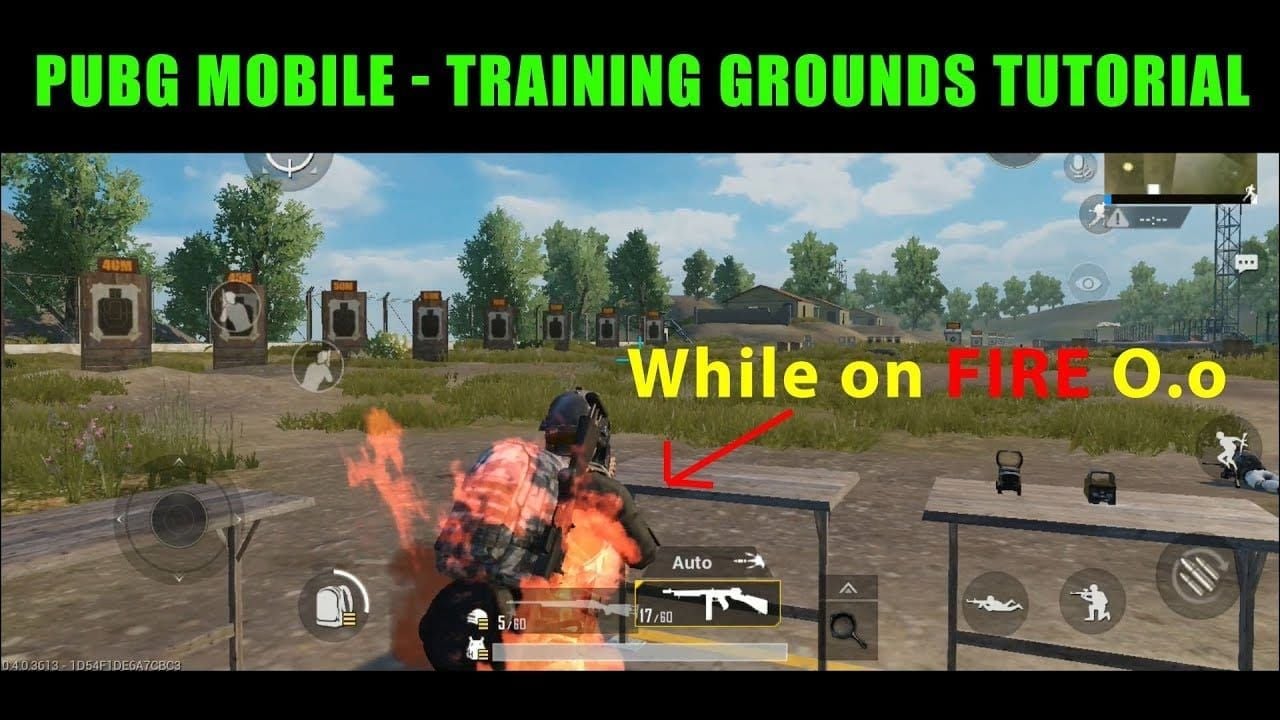
Crouch-firing while spraying is more effective now with the improved recoil calculations—you're managing recoil while reducing your hitbox size. Win-win.
Training and Adaptation: Mastering the New Meta
My 25-Minute Training Routine
After testing various approaches, here's what works:
10 minutes spray drills using Recoil Lab
5 minutes reload timing drills
10 minutes audio positioning exercises
This builds muscle memory for the new mechanics without burning you out. Practice recoil compensation while moving using the improved joystick control system, and experiment with different attachment combinations to understand how rebalanced foregrips and stocks affect performance.
Audio Training That Actually Helps
Try blindfolded audio training—sounds weird, but it develops pure positional awareness. Practice distinguishing weapon types based on the enhanced audio signatures. It's tactical intelligence about enemy loadouts that most players overlook.
Environmental audio training helps you build mental maps of audio cues for major landing zones. Trust me, it's worth the time investment.
The Adaptation Timeline
Make gradual sensitivity adjustments over several days rather than dramatic changes. The transition period requires 2-3 weeks of consistent practice for full adaptation—don't rush it. Cross-training between Training Grounds and casual matches bridges that gap between controlled practice and real combat scenarios.
Competitive Impact: How Pros Are Adapting
Professional Strategy Shifts
Pro teams are restructuring their entire practice routines around the new reload mechanics and audio positioning. They're coordinating reloads more carefully to maintain sustained firepower during extended fights.
The Groza prioritization is real—teams are adjusting drop strategies specifically for airdrop access because of those comprehensive buffs.
Tournament Meta Evolution
Early tournaments show increased weapon selection diversity as M416 and UMP45 nerfs open opportunities for previously underused weapons. Team compositions now emphasize players with strong audio positioning skills more than ever.
The new Firearm Combat Power system launching with Cycle 9 Season 26 adds competitive weapon proficiency tracking—another layer to master.
Optimization Guide: Settings and Performance Tips
Audio Configuration That Works
My Tested Settings:
Master Volume: 70-80%
Effects Volume: 90-100%
Music Volume: 20-30%
Voice Volume: 60-70%
3D Audio Processing and Spatial Audio enabled
Graphics for Recoil Recognition
Super Smooth graphics provides 30-50% less lag while maintaining recoil pattern recognition clarity. The expanded 90 FPS and 120 FPS options on more devices improve recoil tracking and target acquisition significantly.
Frame rate optimization should prioritize consistency over visual effects for competitive advantages—pretty graphics don't win matches.
Performance Considerations
Stable network connections become critical with enhanced audio systems. The performance improvements include 5-7% reduced power consumption and 2-4°C cooler operation, which supports longer practice sessions without thermal throttling.
FAQ
What are the major reload changes in PUBG Mobile 4.0? Tactical reloads (before magazine empty) chamber an extra bullet, increasing capacity by one round for ARs, SMGs, DMRs, and select pistols without affecting reload duration. Emergency reloads (completely empty) follow traditional mechanics without chambered bonuses.
How do recoil patterns differ in PUBG Mobile 4.0? Improved core calculations provide greater firing stability. M416 and UMP45 received stability nerfs with increased horizontal recoil. Groza received significant buffs with smoother patterns. Changes reward burst fire over spray tactics.
What audio improvements were added? Enhanced 3D audio positioning with clearer directional information and better distance calculations. Distinct weapon audio signatures and fixed Novorepnoye warehouse sound bugs improve tactical awareness.
Which weapons were most affected? Groza received major buffs (damage, fire rate, recoil). M416 and UMP45 got stability nerfs. AWM gained reload speed. Arena mode saw damage increases: Vector (31), SCAR-L (44).
How should I adapt my gameplay strategy? Master tactical reload timing at 5-10 rounds remaining. Practice burst fire techniques in Training Grounds. Utilize enhanced 3D audio for positioning. Consider loadout changes due to weapon balance shifts.
What training methods work best? 25-minute routine: 10 minutes spray control, 5 minutes reload drills, 10 minutes audio positioning. Progress from single-fire to burst patterns. Allow 2-3 weeks consistent practice for full adaptation.

